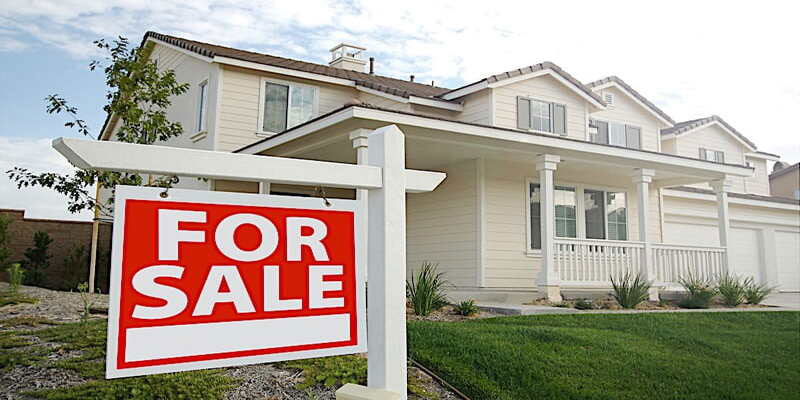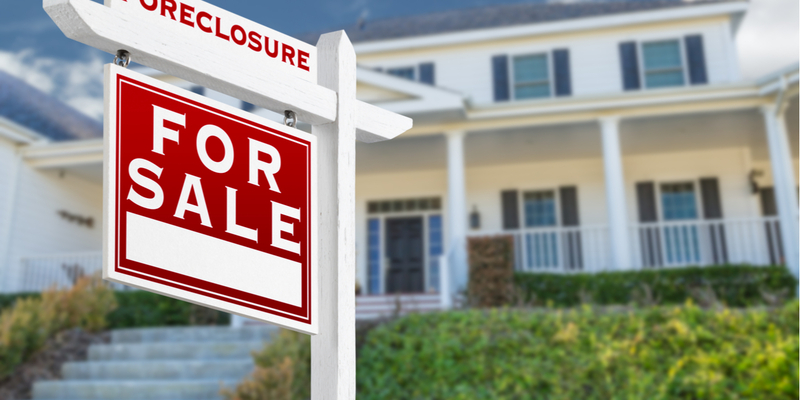
Foreclosed homes and another real estate that a bank or other financial institution has acquired are referred to as "bank-owned property" or "real estate-owned" (REO) property. Homes, businesses, and vacant land may all be part of the bank's or realtor's inventory of foreclosed properties. Banks frequently sell bank-owned homes below market value to recoup some of the losses sustained during the foreclosure process. What is bank-owned property? How does it come into existence? How can you buy one? All of these questions and more will be answered in this post.
Bank-Owned Property: What Is It?
The bank or another financial entity now owns properties whose owners could not keep up with their mortgage payments. The bank then takes ownership of these assets and attempts to sell them to recoup some of the debt the former owner owes.
How Does A Home Become Bank-Owned?
When a homeowner stops making their mortgage payments and the bank forecloses, the bank takes ownership of the property. In a foreclosure, the bank legally takes ownership of the property and forces the owner to vacate. The bank then sells the mortgaged property to recoup some of the money lost on the loan. The loss of a job, a divorce, a severe illness, or other unexpected expenses can all lead to foreclosure. A notice of default is what the bank delivers to a homeowner when they have fallen behind on their mortgage payments. The homeowner is given a specified period to settle the debt or face the possibility of losing their home.
What Happens To Properties Owned By Banks?
When a bank takes ownership of a home, it typically tries to sell the property to recoup part of the money it lost on the mortgage loan. It is not in the banks' best interest to hold on to properties for extended periods because they are outside the business of owning properties. They are eager to make a quick profit, so they rush to sell them. A real estate agent is typically used when a bank sells a property. The real estate agent's job is to find possible purchasers, show the home to them, and handle all negotiations. The bank determines the sale price by adding the mortgage balance to the appraised property.
Benefits Of Buying Bank-Owned Real Estate
There are many benefits to purchasing a bank-owned property.
Lower Price
Properties owned by banks are typically sold below market value. This is a fantastic chance for those in the market for a new home at a reduced cost.
Clear Title
When a bank sells a property, it ensures no claims or encumbrances on the title.
The Drawbacks Of Buying Bank-Owned Real Estate

There are a few downsides to purchasing a bank-owned property, such as:
Condition Of The Property
If you're looking to buy a bank-owned property, know that it will be sold "as-is," meaning that any necessary repairs and improvements will fall under your purview. It's possible that the property is in terrible shape and that the buyer will have to put in a lot of money to make it habitable again.
Limited Information
Financial institutions are not obligated to reveal all relevant details regarding the property. They aren't privy to much information about the home's past, such as any repairs, additions, or damage that may have occurred.
Competition
There may be multiple bidders for a bank-owned property because of the steep discounts banks typically offer on these properties.
Lengthy Process
Buying a house, a bank has foreclosed upon can be time-consuming and challenging. Banks might need to be faster in replying to proposals, and the buying process can be cumbersome due to the paperwork involved.
Limited Negotiation
It's rare to get a bank to budge on the asking price of a home. Their price is fixed based on the mortgage balance and the evaluated value.
Advice On Buying Bank-Owned Real Estate

Here are some things to consider if you want to buy a property that the bank owns:
Get Pre-Approved For A Mortgage
Ensure you have a mortgage before you start looking for foreclosed homes. This will assist you in establishing a price range, saving you time and energy in weeding out houses that are out of your price range.
Conclusion
The term "bank-owned property" describes real estate that a bank or other lending institution has repossessed through foreclosure. These homes are typically sold below market value to help the bank recuperate some of its losses from the foreclosure process. There are benefits to purchasing a bank-owned property, such as a lower purchase price, a clear title, a fast closing, and access to financing. There are, however, drawbacks to consider, such as the property's current state, the scarcity of available data, the intensity of competition, the length of the procedure, and the need for more room for bargaining.



